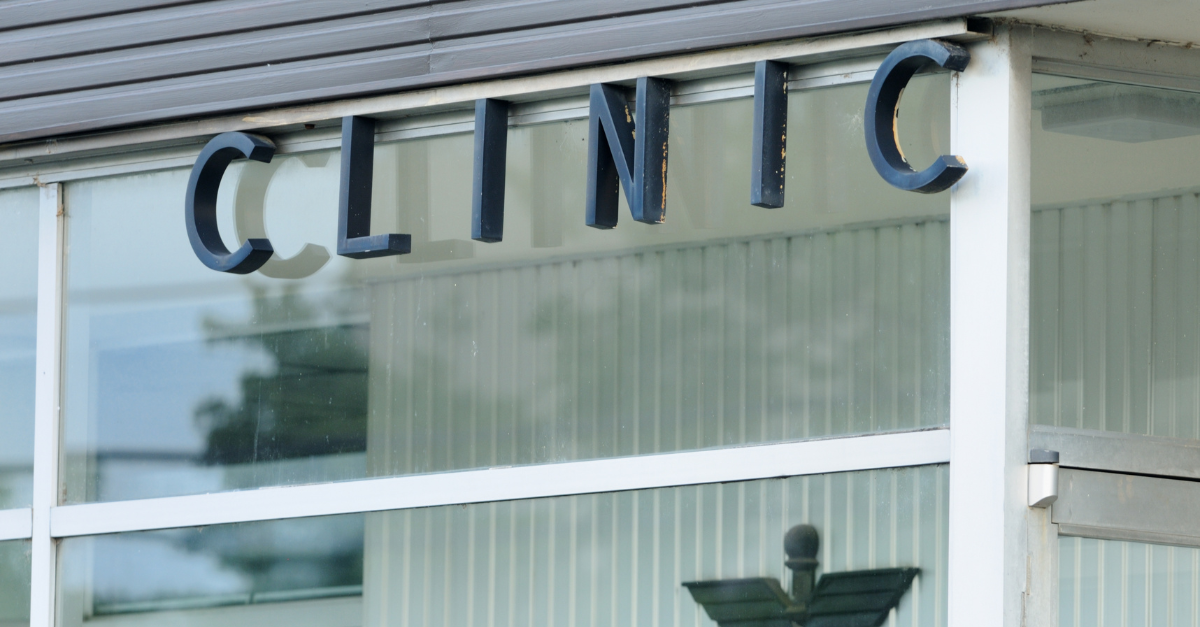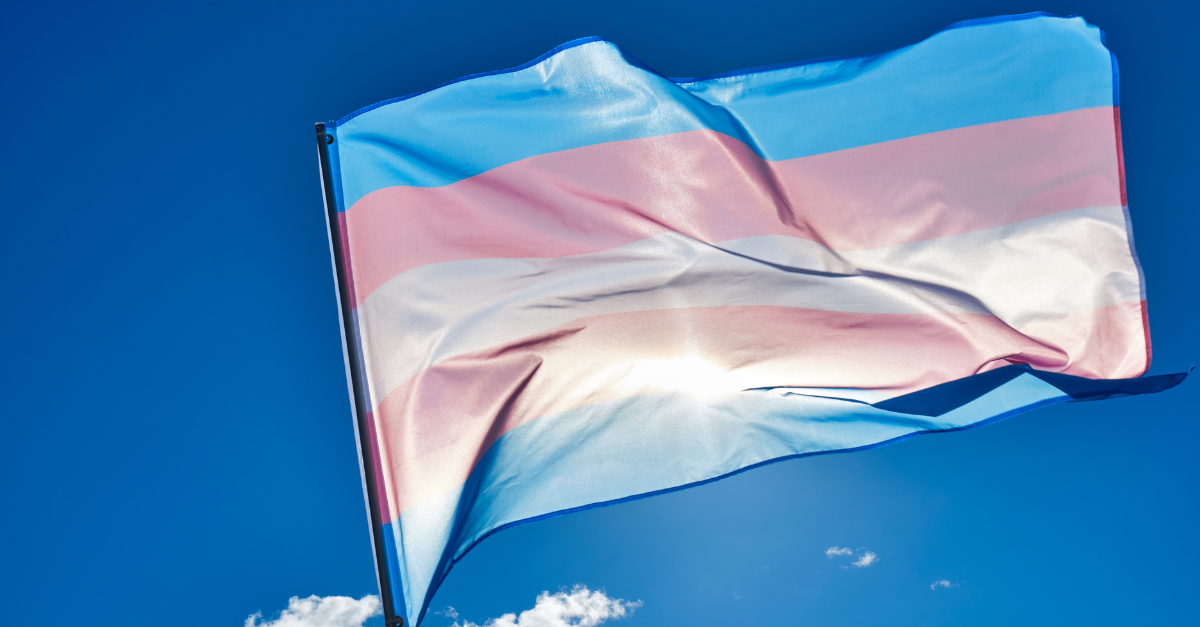NAWL Joins NWLC SCOTUS Amicus Brief in SFFA v. Harvard/UNC
JUNE 29, 2023 UPDATE - Today, the U.S. Supreme Court ruled to strike down race-conscious admissions policies, sometimes called "affirmative action," in a pair of cases previously heard before the Court on October 31, 2022.
The decision impacts colleges and universities across the country and going forward, admissions decisions will more likely be made in ways that diminish opportunities for students of color in higher education. The Supreme Court's ruling effectively prohibits schools from considering race as part of their admissions decisions, making it more challenging for historically marginalized communities -- including Black, Latinx, and Indigenous students -- to access educational opportunities.
As Justice Sotomayor, joined by Justices Kagan and Jackson, put it in her powerful dissent: this decision "overrules decades of precedent and imposes a superficial rule of race blindness on the Nation." But "society's progress toward equality cannot be permanently halted," and to that end, "universities can and should continue to use all available tools to meet society's needs for diversity in education."
AUGUST 1, 2022 - NAWL joined the National Women’s Law Center, along with our law firm partner, Linklaters LLP, and 35+ additional civil rights organizations, in filing an amicus brief in Students for Fair Admissions v. Harvard College and Students for Fair Admissions v. University of North Carolina in support of the universities and their race-conscious admissions policies.
The two affirmative action cases brought by Students for Fair Admissions (SFFA) challenge the holistic admissions policies used by Harvard College and the University of North Carolina (UNC), which consider race as one factor in order to create a diverse student body. The lawsuits claim that Harvard and UNC are discriminating against Asian American applicants by using race-conscious admissions policies, even though there is no evidence that this is true. SFFA asks the Supreme Court to overturn well-settled precedent in order to prohibit universities from considering race whatsoever in admissions processes, no matter the significant harms that would result for students of color.
Our amicus brief defends the universities’ interest in maintaining a diverse student body and ensuring that past discrimination does not perpetuate ongoing exclusion. The brief specifically highlights the ways that affirmative action policies are necessary for addressing race and sex discrimination based on stereotypes and the effects of historic and current discrimination that uniquely harm women of color, who continue to remain underrepresented in higher education and across various fields. Diversity in higher education benefits all students and society as a whole by breaking down harmful stereotypes, fostering the exchange of ideas on campus, and preparing students for a diverse workforce. By highlighting the important benefits of student body diversity created by affirmative action policies, we urge the Court not to overrule or otherwise narrow decades of precedent upholding such policies.
To learn more, check out NWLC blog post.





